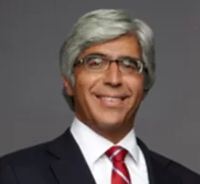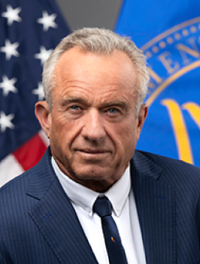
Boutrous
SAN JUAN, Puerto Rico - Puerto Rico has abandoned its climate change lawsuit, adding to the growing list of setbacks for the alliance of private lawyers and government officials suing the energy industry.
On May 2, Puerto Rico voluntarily dismissed its case from federal court, without prejudice, 10 months after first filing suit. Five state court judges have tossed climate litigation around the country, and President Donald Trump has warned Michigan and Hawaii that they better not file suits of their own.
“This dismissal adds to the growing momentum among federal and state courts holding that states and municipalities cannot use state laws to sue over climate change," said Gibson Dunn and Crutcher's Theodore Boutrous, who represents Chevron.
"These claims are precluded and preempted by federal law and must be dismissed under clear U.S. Supreme Court precedent.”
Around the country, companies like Exxon and Chevron face dozens of these cases, which allege consumers would not have burned as many fossil fuels as they did had companies been more forthright about their effects.
Only in Honolulu's case have state courts denied motions to dismiss by the defendants, and the U.S. Supreme Court refused to review that decision.
But judges on the mainland have granted motions to dismiss. Five judges, including two in Maryland and one in New York, have expressed concerns that though the cases make claims under consumer protection laws, they actually impact the global energy market.
Judge Videtta Brown, in Baltimore's case, said the litigation goes beyond the limits of Maryland law, or whatever states other cases are filed in.
"This Court holds that the U.S. Constitution's federal structure does not allow the application of state court claims like those presented in the instant cases," Judge Steven Platt wrote in tossing Annapolis' case.
"The States such as Plaintiffs here... can participate in the efforts to limit emissions collaboratively, but not in the form of litigation... If states and municipalities [or] even private parties are dissatisfied with the federal rulemaking or the outcome of cases, they may seek federal court review."
The litigation started with a battle over where the cases should be heard. Defendants wanted them in federal court to bolster their defense, and that strategy resulted in federal judges in California and New York granting motions to dismiss.
But the Supreme Court ultimately ruled the lawsuits belonged in various state courts because plaintiff lawyers had crafted their cases to make state law claims under consumer protection statutes and for public nuisance.
At issue is whether state court judges should have the power to essentially impact the international energy market. Twenty Republican state attorneys general argued the Hawaii case involves questions of interstate and international law that can only be decided by Congress or in federal courts.
Trump recently issued an executive order on state overreach on climate issues, then filed suits against Hawaii and Michigan over their plans to sue.
"Congress delegated to EPA the authority to determine whether and how to regulate greenhouse gas emissions, thereby displacing federal common law claims and occupying the field of interstate air pollution regulation," the suits say.
"The Clean Air Act's comprehensive framework, which includes specific provisions for regulating emissions from stationary and mobile sources, preempts state attempts to regulate out-of-state greenhouse gas emissions. Michigan's claims seeking to hold fossil fuel businesses liable for global greenhouse gas emissions usurp this federal authority."
In Puerto Rico, a federal judge denied motions to dismiss in February in a case filed by several municipalities, while the case on behalf of San Juan featured "an astonishing example of plagiarism" by a plaintiff lawyer who copied other complaints in his.








